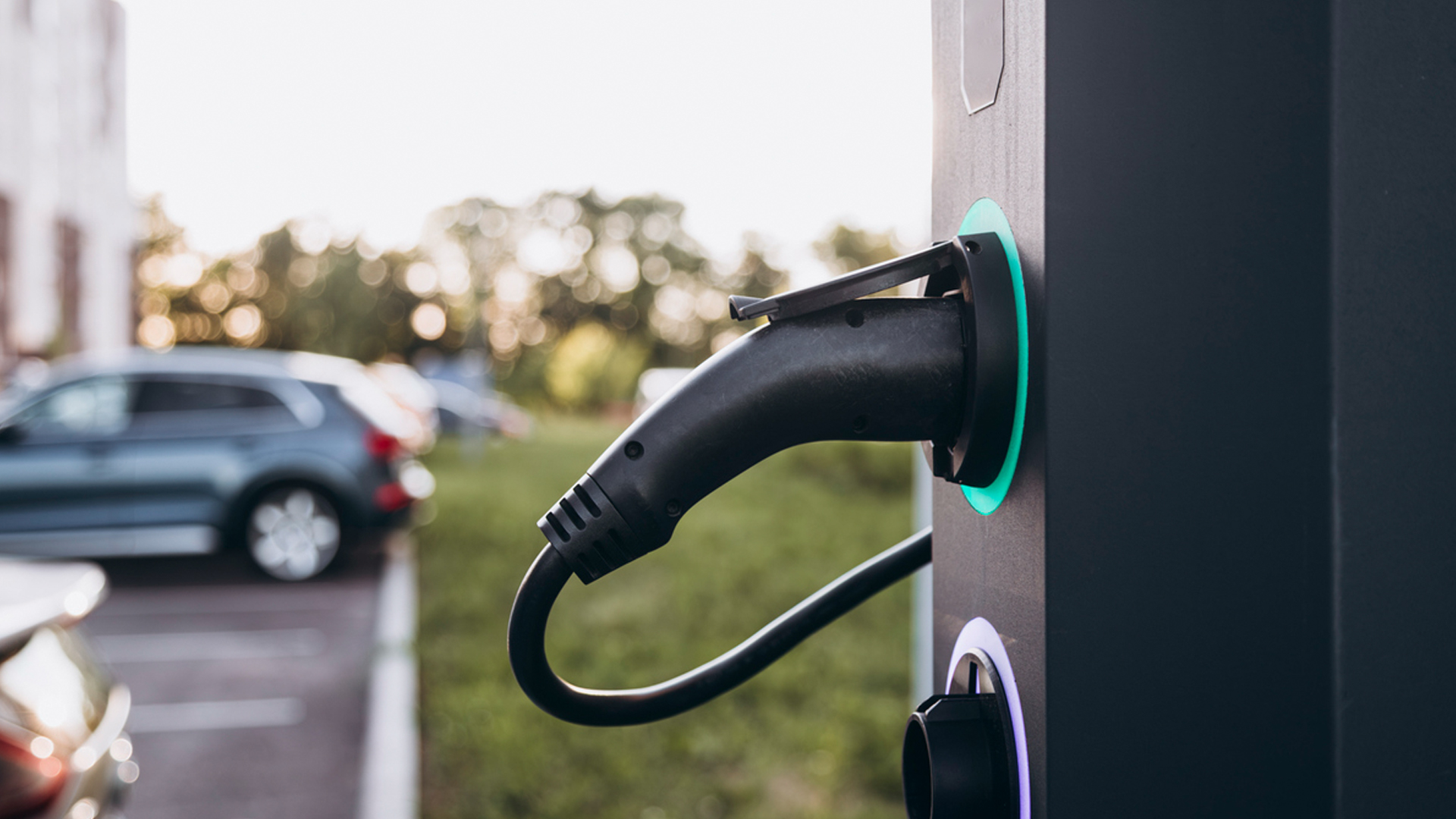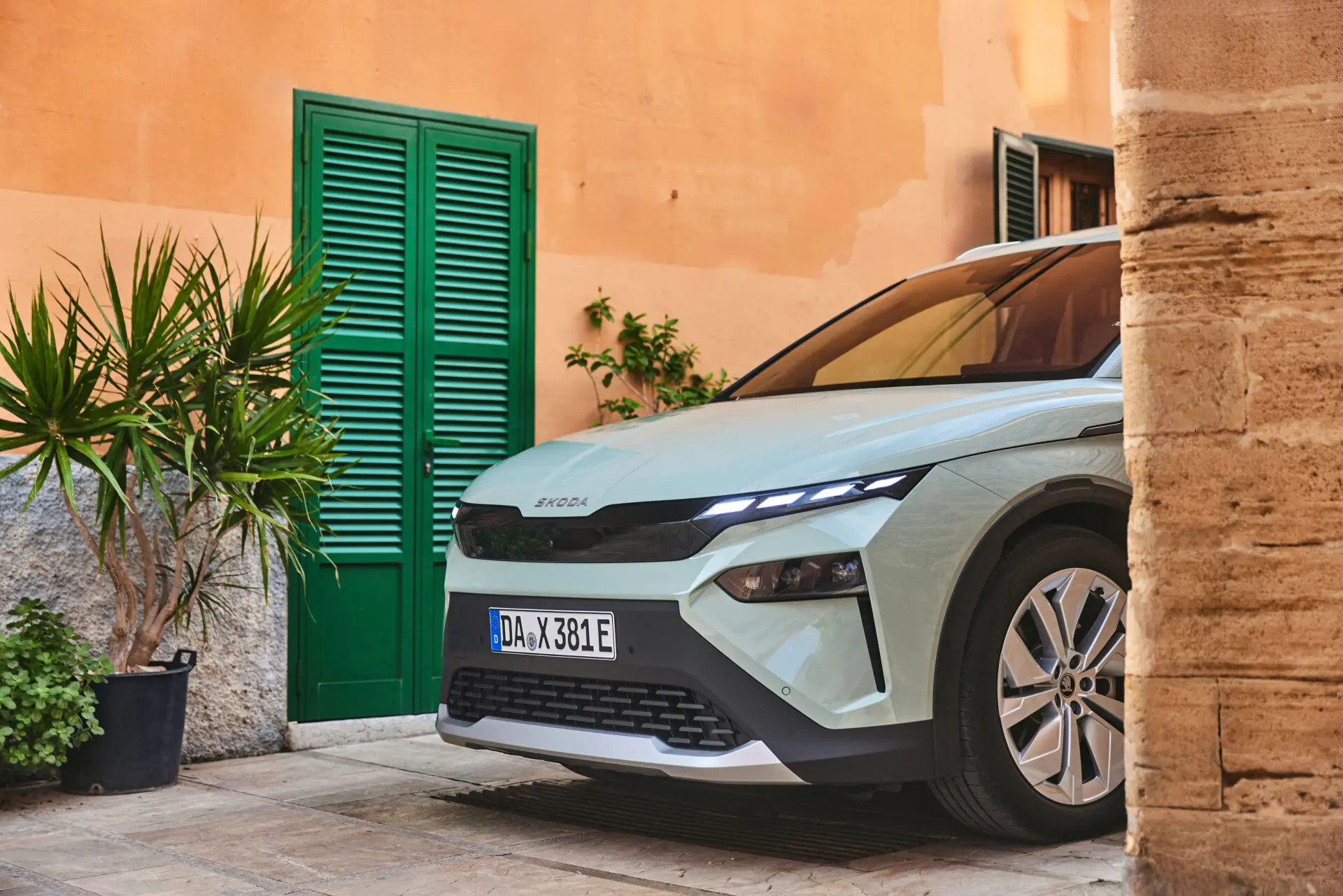UK Lifts Planning Permission Requirement for EV Chargers, Speeding Up Nationwide Roll-out
From now on, any electric-vehicle charger in Britain—whether it serves a private driveway or a 40-bay public hub—can be installed without applying for planning permission. The change should cut months of red tape, lower installation costs and help the country hit its target of 300,000 charge points by 2030.
Why the rule matters
Planning was the slow lane: Until now, larger public sites still needed approval from local authorities. Industry operators said that process routinely stretched to six-to-nine months, creating a major bottleneck.
Hubs get the biggest boost: Rapid-charging sites usually need extra infrastructure (for example, on-site substations). Waiving permission for that equipment is expected to shave significant time—and money—off each project.
Voices from the sector
Osprey Charging: Lewis Gardiner, operations director, welcomed the reform as a “hugely practical change” that will accelerate the arrival of rapid-charging hubs.
Motoring organisations: The AA hailed the decision as a “positive step” that should speed up installations for everyday drivers.
Government stance: Roads minister Lilian Greenwood framed the move as “cutting down on paperwork to power up the EV revolution,” promising more plugs and less red tape.
Current charging landscape
At the end of April 2025, the UK had just over 79,000 public charge points, up from around 73,000 four months earlier and 54,000 at the close of 2023 (Zap-Map figures). Removing planning hurdles should help the network keep that growth curve pointing sharply upward.
What happens next?
- Faster site commissioning: Developers can break ground as soon as grid connections and land leases are in place.
- Lower project costs: By sidestepping the planning application process, operators save on fees and consultancy work—savings that can be reinvested in additional sites.
- Driver confidence boost: A denser, more reliable network makes the switch to an electric car simpler for households and fleets alike.
What this means for Rivervale Electric Car Leasing customers
A stronger charging network directly benefits anyone considering an EV lease through Rivervale:
- Less range anxiety: With new rapid-charging hubs coming online faster, you’ll spend more time driving and less time hunting for a plug.
- Broader vehicle choice: Manufacturers are accelerating EV launches to match infrastructure growth—meaning more models (and price points) on Rivervale’s leasing roster.
- Lower total running costs: Faster deployment of chargers increases utilisation and competition, helping push down per-kWh prices—savings you’ll feel every time you top up.
- Future-proof contracts: All Rivervale EV leases include optional home-charge solutions and advice on workplace charging grants, so you’ll be ready whether you plug in at home, at work or on the motorway.
Thinking about making the switch?
Explore the latest electric-car lease deals and see how a rapidly expanding charger network can fit seamlessly into your day-to-day driving.
Bottom line: Scrapping planning permission for EV chargers turns a major administrative hurdle into a green light. Expect to see many more charge points popping up in supermarket car parks, motorway services and workplace forecourts in the months ahead—making your next Rivervale EV lease an even smarter choice.





